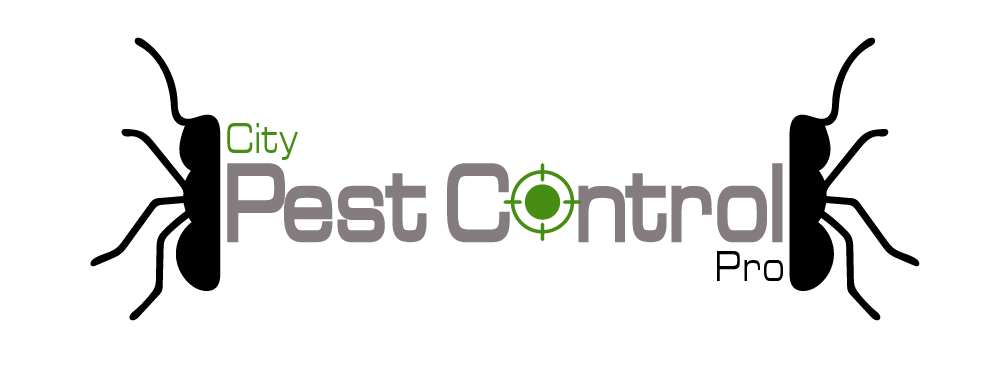When a cockroach reaches old age, its high center of gravity pulls its back toward the floor, and its rounded back and feeble muscles prevent it from getting back up on smooth surfaces. If the cockroach is on its back, it will struggle to turn itself over. So simply put and based on research, a cockroach gets too weak to turn itself back over. Then it dies.
Note: this article does not deal with what happens when a cockroach dies after being dropped off its back. We assume that death will cause paralysis of all body functions.
A cockroach can live for about a month without any food while only lasting three weeks without water. The length of time they can go without food depends on their size and type; larger roaches could last up to two months without eating anything while smaller roaches might only make it about ten days before starving to death. Roaches do not go without food by choice, they literally starve to death.
Once a cockroach’s long week’s worth of stored energy is used up, it will die from starvation even if it has access to water. In fact, its digestive organs begin to shut down only days before death. No matter how much water there is in the stomach after this shutdown occurs, the roach cannot extract any of it because enzymes that are necessary for breaking down food and absorbing nutrients can no longer be produced without a functioning gut.
Hanging out with friends and family helps keep their overall health good which keeps them alive a little bit longer.
